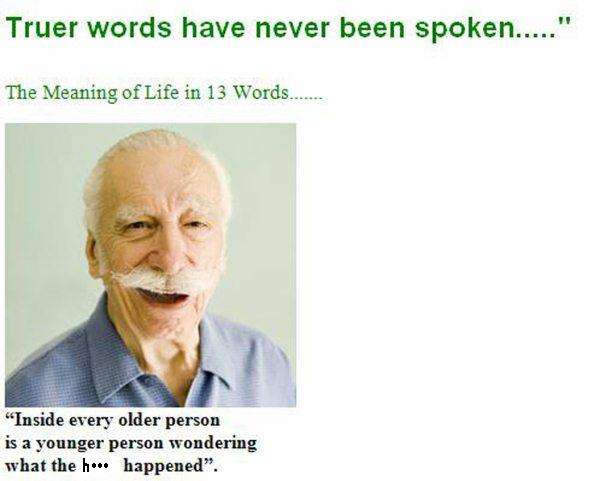They’re all really supposed to be just one. Put it on the Hello Kitty of Blogging, probably should’ve put it here, it’s a bit heavy…
We concern ourselves with the best possible outcome of an effort — AND — with a bunch of what I have come to think of as “dryer lint.” Usually, it’s got something to do with a process, this is that “process versus outcome” conflict upon which I have waxed lyrically before. But if we’re honest about it, we acknowledge most of these processes have to do with something more primal: Blame management. Making sure that, when & if it all hits the fan, you can’t be blamed. That is why people follow processes, and it is rational. What is irrational is castigating others for not following the same process, after it has become abundantly clear that if there is any possibility remaining at all for producing the desirable outcome, the process will have to be abandoned.
So there is: Making sure I’m not blamed; making sure nobody in my peer group is blamed; making sure that if anything goes wrong, all the blame falls on the head of that guy over there; making sure that if anything goes wrong, the blame goes to a group. That’s blame management. Then, there is credit management, by which of course I don’t mean “get my score up to 770,” but the preceding four concerns about blame, countered in credit: I get the credit if we meet the goal, my peer group gets the credit, that guy doesn’t get any credit, that group doesn’t get credit. That’s eight things, eight reasons for following a process that have absolutely zilch to do with accomplishing the stated objective.
To the eight, we add a ninth: A lot of people follow processes just because they find it comforting. Some of them, I notice, have received a lot of accolades for a very long time — like, back to fifth grade or something — for their “excellent leadership skills.” Even though if you watch them, you see they never actually make any decisions, other than to echo what someone else has decided and buttress it with their own soothing but piercing voice inflection. Or perhaps a polished and effective writing style. They place these behind ideas that are not theirs, and receive all sorts of flattery for their leadership and their decisions, even though they never ponder benefits or liabilities of anything, outside of social escalation. Ever.
What’s missing from all this swimming-pool-filter-trap-crap is autonomous, effective, confident decision-making. The stuff that actually gets things done. The making of good plans, strong plans, plans likely to yield the desired result. You know — the stuff we all say we want, all of the time?
What is happening here is not that we’re changing our minds about what it is we want to do; rather, we’re shrinking the diameter of our circle of concerns. This happens when the broader effort continues onward, not yet complete, but our own contribution to it has been played all the way out and there’s nothing left for us to do but sit and watch someone else carry the ball. Sit, wait, worry…and self-assess.
The temptation is to go all-or-nothing: “All of my decisions have been the correct ones,” or “I really bolluxed this thing, and I let everybody down.” If someone doesn’t have what it takes to admit to having let everybody down, and they don’t have what it takes to see themselves as a whole book as opposed to one page, the only alternative left is to take the “I made all the right decisions” approach and look for someone else to blame. In a large organization, a lot of this has to do with political capital. It keeps coming back to calculations, how much of it will be spent on admitting to a mistake, whether that much still exists in the account or whether this would result in a deficit.
And this comes back to the First Conquest Rule: “Everyone is conservative about what he knows best.” Everyone looks for that First Concern, achieving the desired outcome that was defined at the inception, in something. It’s a matter of where is that thing. Does it expand to cover the effort in which everybody else is engaged, looking out for the interests of all contributors by looking out for the interests of this overall effort? Or does it shrink down to the size of that one contributor’s political interests, and social elevation within the organization?
As has been noticed by anyone who’s had misgivings about how a large bureaucracy functions, either from within or from outside of it: People tend to be very easily swerved from that productive line of thinking, “If we do it that way the organization’s goal will not be achieved, but if we do it this other way then maybe we all have a better shot.” Everybody likes to think they’re thinking that way, all of the time. Well hey, I like to think I look like a lifeguard on Baywatch whenever I’m in swim trunks.
But that doesn’t make it true. And 9:10 is a hefty ratio. That’s why when you look at the people who actually do manage to get things done, you’ll find one quality they all share most consistently is not that they’re necessarily bright, or pushy, or eloquent, or even that they’re inspiring. It’s that they cast a wide net in collecting the information that goes into their decisions, but after just a little bit of time they do make decisions — and they don’t lose focus.










